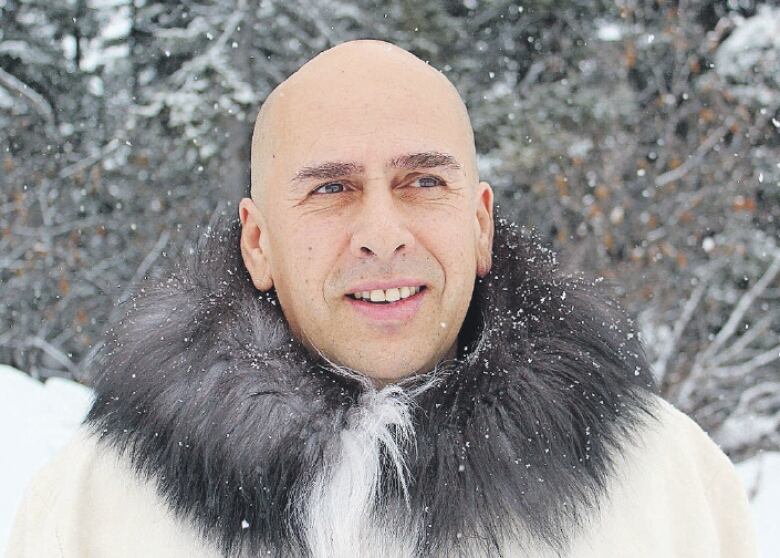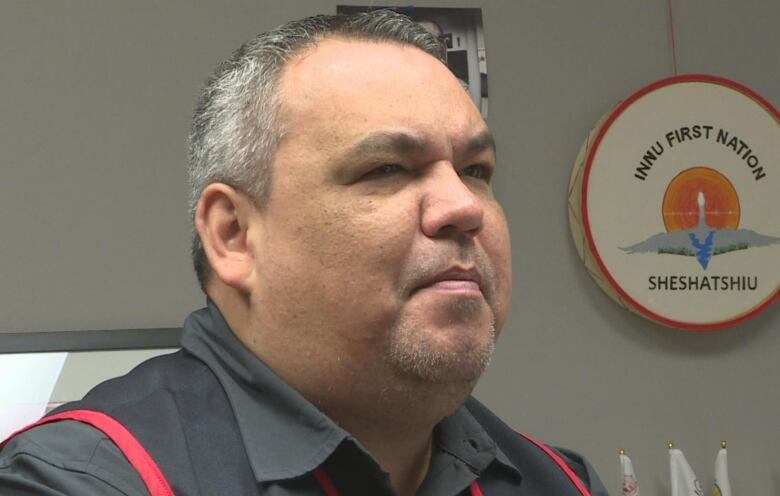Labrador Indigenous groups plan how to use federal COVID-19 relief
$305 million will be shared across Canada

Indigenous communities in Labrador are already planning on what to do with recently allocated federal funds for COVID-19 relief.
Ottawa has earmarked $305 million to be shared among First Nations, Inuit and Mtis communities around Canada.
The money will be split up into four different sections:
- $215 million will be distributed to First Nation communities based on population, remoteness, and community well-being.
- $45 million will be given tothe four different Inuit organizations. The funds will be distributed by the Inuit Tapiriit Kanatami and regional Inuit land claims organizations.
- $30 million for Mtis Nation communities.
- $15 million for regional and urban Indigenous organizations supporting their members who are living away from their respective communities.
The money is still trickling down to Indigenous communities in Labrador, but governments are already planning on how to use the money.
The NunatuKavut community council is one of three Indigenous governments in Labrador, and President Todd Russell says he's concerned about how much money they'll be able to access.
"We were not part of the $45 million that went to other Inuit in Canada and we are now finding ourselves having to compete in a much smaller envelope of funding $15 million, Canada-wide," Russell told CBC's Labrador Morning.

Despite having a smaller pot of money to pull from and even though the government never received any money, Russell added,efforts are already being put in place to meet the needs of NCC members, starting with the community of Black Tickle.
"Airlifts of food, and water to make sure they're well provisioned we also have three contracts where we have individuals hauling fuel wood and gas into Black Tickle," he said.
"We can't have a community so isolated going through a health crisis without fuel, without heat, without gas."
Community protection key, Sheshatshiu chief says
The Innu Nation hasalso been been developing plans for the new funding.
Sheshatshiu Chief Eugene Hartis focused on keeping thecommunity safe during the pandemic, and says the money will be a great help.

"We're looking to get financial support for the security that we put in place to protect the community from COVID-19," Hart said.
"We are also looking for funding for supplying community members with enough cleaning supplies and food during our containment procedures."
Hart addedthat they don't know how much money will be provided, but members of the community have a common focus. "Most members of the community have embraced the concern and want to keep themselves protected."
In the northern Innu community of Natuashish, Chief John Nui has been busy deciding what to do with the money, including some land-based projects.
"At the same time we submitted a proposal for a crisis team for a hotline for our youth to call in," Nui said.
The Inuit government of Nunatsiavut has also been busy in finding ways to help its residents cope with the impacts of the virus.
Financial support will be provided to community food banks and freezer programs, and cleaning supplies have been provided to families.
Various support packages with puzzles and games will be provided to promote mental wellness during self-isolation.
Aprogram is being developed to ensure wood and fuel is provided to those in need.
With files from Rebecca Martel and Labrador Morning












_(720p).jpg)


 OFFICIAL HD MUSIC VIDEO.jpg)
.jpg)



























































































